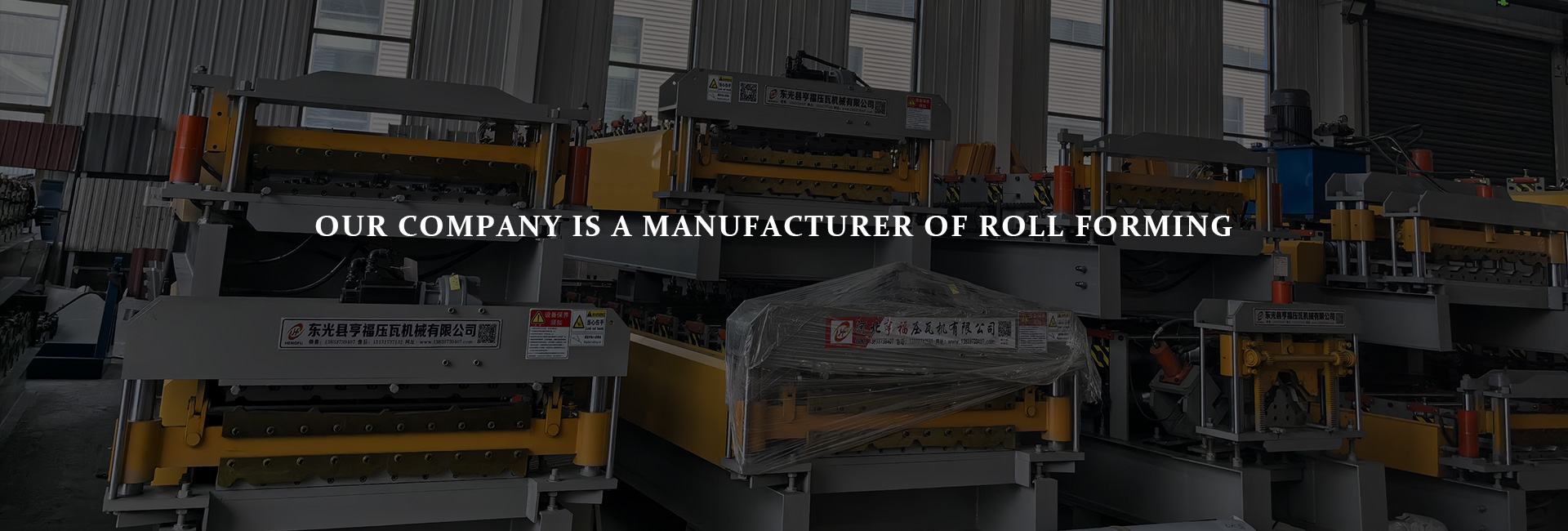High-speed tile presses are essential equipment in modern manufacturing plants, especially in the production of ceramic and concrete tiles. These machines are designed to operate at high speeds, creating large volumes of tiles quickly and efficiently. However, like any piece of industrial machinery, they require regular maintenance to ensure peak performance, prevent costly breakdowns, and extend their lifespan. This article provides ten professional tips for maintaining high-speed tile presses, helping manufacturers optimize their operations and reduce downtime.
1. Regular Lubrication of Moving Parts
One of the most important maintenance tasks for high-speed tile presses is ensuring that all moving parts are properly lubricated. Over time, the friction between components can lead to wear and tear, affecting the machine's performance and causing potential breakdowns.
Tip: Schedule regular lubrication checks based on the manufacturer's recommendations. Use high-quality lubricants that are compatible with the press's components to reduce friction and ensure smooth operation.
2. Routine Cleaning of Press Components
Tile presses operate under high temperatures and pressures, which can lead to the accumulation of dust, debris, and material residues on the machine's parts. This buildup can reduce the efficiency of the press and affect the quality of the tiles produced.
Tip: Clean all press components regularly, including the press plates, molds, and hydraulic systems. Use non-abrasive cleaning agents to avoid damaging sensitive parts and ensure that all surfaces are free from dirt and residue.
3. Monitor Hydraulic System Performance
The hydraulic system is a critical component of high-speed tile presses, controlling the pressure and force applied during the pressing process. Over time, hydraulic fluid can degrade, leading to reduced efficiency and possible malfunctions.
Tip: Regularly check the hydraulic fluid levels and replace the fluid as needed. Additionally, inspect hoses and seals for leaks, as small leaks can lead to significant performance issues if left unaddressed.
4. Inspect and Replace Worn-out Molds
The molds used in tile presses are subjected to constant wear and pressure, which can cause them to lose their shape or become damaged over time. Damaged molds can result in uneven tile production and reduced quality.
Tip: Inspect molds for signs of wear and tear regularly. If any mold shows signs of damage or deterioration, replace it immediately to maintain consistent quality in the tiles produced.
5. Check Electrical and Control Systems
High-speed tile presses rely on complex electrical systems and control panels to regulate the speed, pressure, and temperature of the press. Faulty electrical systems can cause the press to malfunction or stop altogether, leading to downtime.
Tip: Perform routine checks of electrical connections, control panels, and wiring to ensure they are in good condition. Look for signs of overheating, fraying wires, or loose connections, and address any issues promptly.
6. Inspect and Tighten Bolts and Fasteners
Over time, the vibrations and high-speed operation of tile presses can cause bolts and fasteners to loosen. Loose parts can affect the press's alignment, leading to uneven tile production and potential damage to the machine.
Tip: Regularly inspect and tighten bolts, nuts, and fasteners to ensure all parts are secure. Pay special attention to critical areas like the press frame and hydraulic system to avoid alignment issues and prevent unnecessary wear.
7. Ensure Proper Alignment of Press Plates
Proper alignment of the press plates is essential for ensuring uniform tile thickness and quality. Misalignment can cause uneven pressure distribution, resulting in defective tiles and increased wear on the machine.
Tip: Check the alignment of the press plates regularly and adjust them as needed. Use precision measuring tools to ensure that the plates are correctly aligned and that pressure is applied evenly across the tile.
8. Maintain Temperature Control Systems
Tile presses often operate at high temperatures, and maintaining consistent temperature control is critical for optimal performance. Overheating can lead to equipment failure and reduced tile quality.
Tip: Ensure that the temperature control systems, including heating elements and cooling systems, are functioning properly. Check for signs of wear or clogging in the cooling system and clean or replace any components as needed to prevent overheating.
9. Perform Regular Vibration Analysis
High-speed tile presses generate significant vibration during operation, which can affect the stability and performance of the machine. Excessive vibration can cause wear on critical components and reduce the lifespan of the press.
Tip: Use vibration analysis tools to monitor the machine's vibration levels. If abnormal vibrations are detected, investigate the cause, which could be due to loose components, unbalanced parts, or alignment issues, and address the problem promptly.
10. Develop a Preventative Maintenance Schedule
One of the most effective ways to ensure that a high-speed tile press continues to operate at peak performance is to implement a comprehensive preventative maintenance schedule. Regular inspections and proactive maintenance tasks can help identify potential issues before they cause significant downtime or costly repairs.
Tip: Develop a preventative maintenance checklist and schedule regular maintenance tasks based on the manufacturer's recommendations and the operating conditions of the machine. Keep detailed records of all maintenance activities to track the press's performance and ensure that all components are in optimal condition.
Conclusion
Maintaining a high-speed tile press is essential for ensuring consistent tile production, reducing the risk of costly breakdowns, and extending the lifespan of the machine. By following these ten professional maintenance tips, manufacturers can optimize the performance of their tile presses, improve product quality, and minimize downtime. Regular lubrication, cleaning, inspection of key components, and the implementation of a preventative maintenance schedule are all crucial steps in keeping the press running smoothly.
Investing in proper maintenance not only helps improve the efficiency of the tile production process but also contributes to long-term cost savings and operational reliability. By taking proactive measures to maintain the machine, manufacturers can stay competitive in the rapidly evolving tile production industry.







